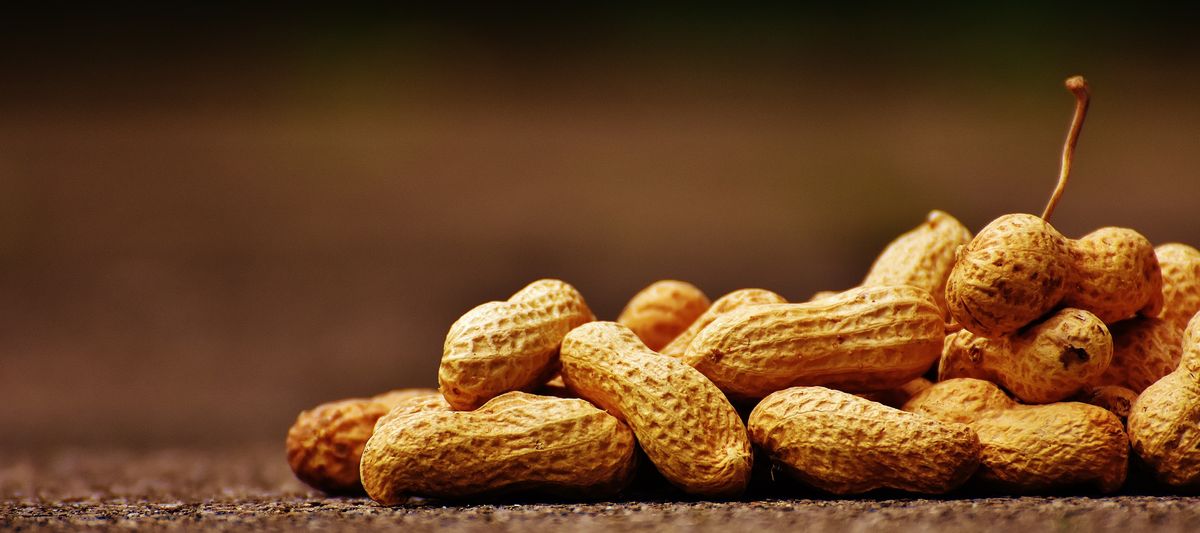Protein - Natural or Processed?

In the world of nutrition, almost everyone agrees on the need for protein. It is vital for muscle growth, repair, and overall health. It is something you need to focus on, especially as you get older or if you are vegetarian.
Among the myriad options available, whey protein stands out as a popular choice for supplementing one's protein intake. However, you might need to debate the fact that this is a processed form of protein, especially considering the notion that food is best eaten in its natural form. So what is the truth?
Whey protein, derived from milk during the cheese-making process, has garnered attention for its high-quality protein content and rapid absorption rate. One of its primary merits lies in its convenience and efficiency. For individuals seeking to increase their protein intake without drastically altering their diet, whey protein offers a concentrated source of essential amino acids.
The merits of whey protein also extend to the ageing population, which faces the challenge of loss in muscle mass and strength, also known as sarcopenia. As people age, muscle protein synthesis becomes less efficient, leading to muscle loss and decreased physical function. Whey protein's fast absorption rate and high leucine content make it an ideal tool to combat muscle decline in older individuals. Supplementing with whey protein, combined with resistance training, has been shown to enhance muscle protein synthesis and improve functional outcomes in older adults. If you are over 40 and have not already started strength training, please start now. I promise you, you need it.
Whey protein's quick digestibility makes it an excellent post-workout option to swiftly deliver amino acids to muscle tissues, aiding in repair and growth. Athletes and fitness enthusiasts often find whey protein supplements valuable for this reason.
However, the merits of whey protein must be balanced against the backdrop of its processed nature and the broader discourse on whole, natural foods. The trend towards consuming minimally processed foods aligns with the idea that nutrients are best obtained from their natural sources. Whey protein's extraction and refinement involve various processing steps, which may strip away some of the naturally occurring nutrients found in whole foods. The concentration of protein can come at the cost of losing certain vitamins, minerals, and bioactive compounds present in unprocessed dairy products, many of which have not been researched to date.
Moreover, the demerits of processed foods, including whey protein, encompass concerns related to additives, preservatives, and potential allergens. Some whey protein supplements may contain additives to enhance flavour, texture, and shelf life. While these additives are generally recognised as safe, individuals with sensitivities or allergies must exercise caution. Additionally, the processing of whey protein can involve heat and filtration techniques that might affect the protein's structural integrity and bioavailability.
The tension between processed foods and natural dietary choices raises the question of choice. While consuming whole foods aligns with the principle of eating foods in their natural state, the unique nutritional needs of specific populations warrant a closer examination of whey protein's role as a processed supplement. So what would I do?
Personally, I have whey protein. I try to find good, clean sources, like Tera, for example, which is grass-fed and organic. I have whey protein because I strength train every single day, as much as possible. I can't over emphasize the importance of strength training.
In my case, I consume almost 100 grammes of protein a day, and I simply find it hard to do so without adding a significant amount of calories. Take peanuts, for example. 100 grammes of peanuts have 25 grammes of protein but 567 calories. That is simply too many calories per gramme of protein. I still eat peanuts because I like them, just not 100 grammes.
The truth about food and nutrition is that it is complicated. You will never get a yes or no; there will always be a trade-off. Organic versus cost, or pesticide-laden vegetables versus antibiotic-laden chicken All you can do is make the best choice available.
Tune in to my show TheRiteshBawriShow to hear from experts on how to live a long and healthy life.





